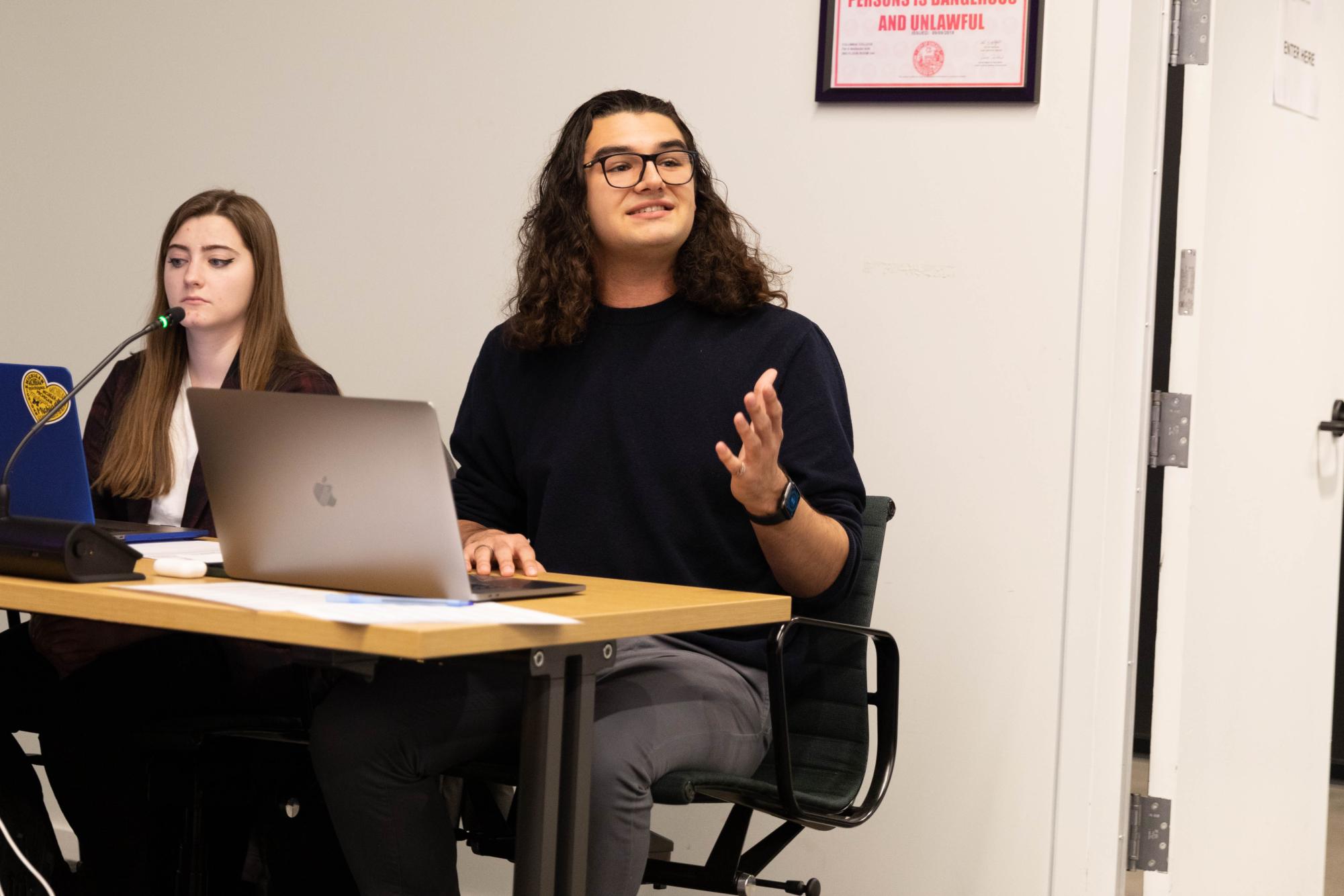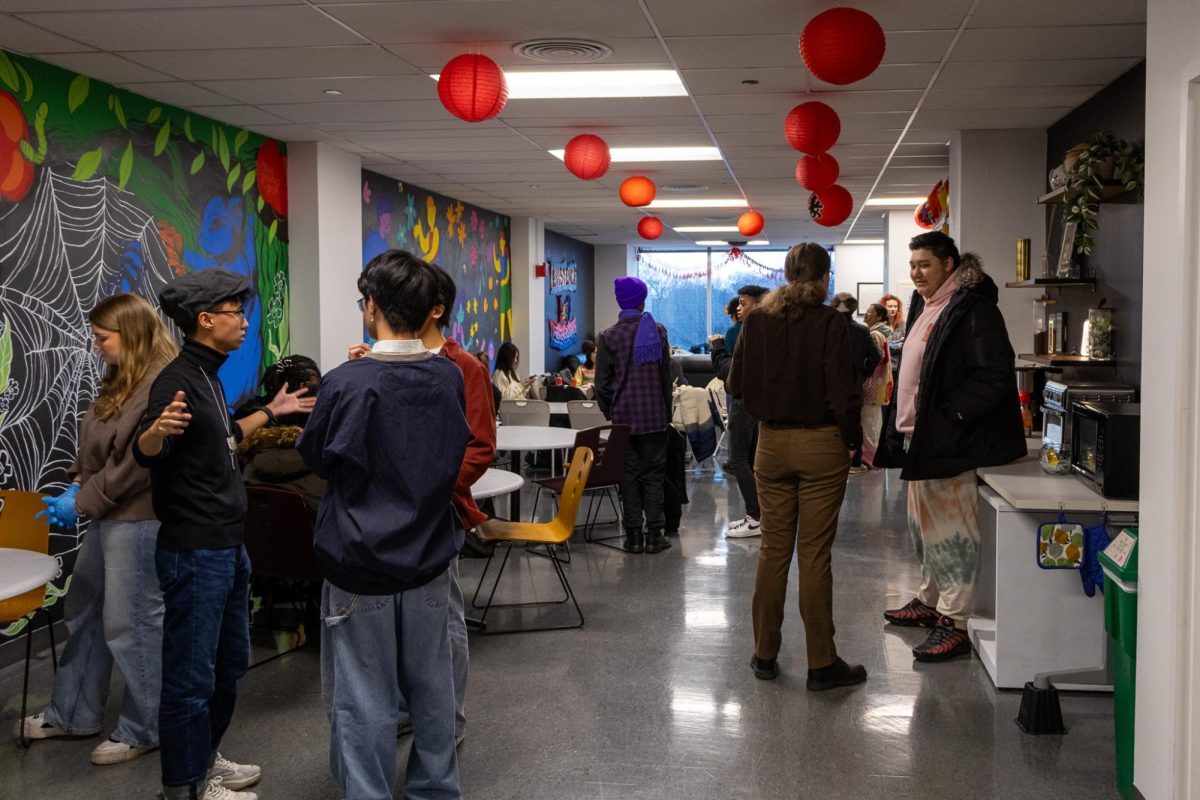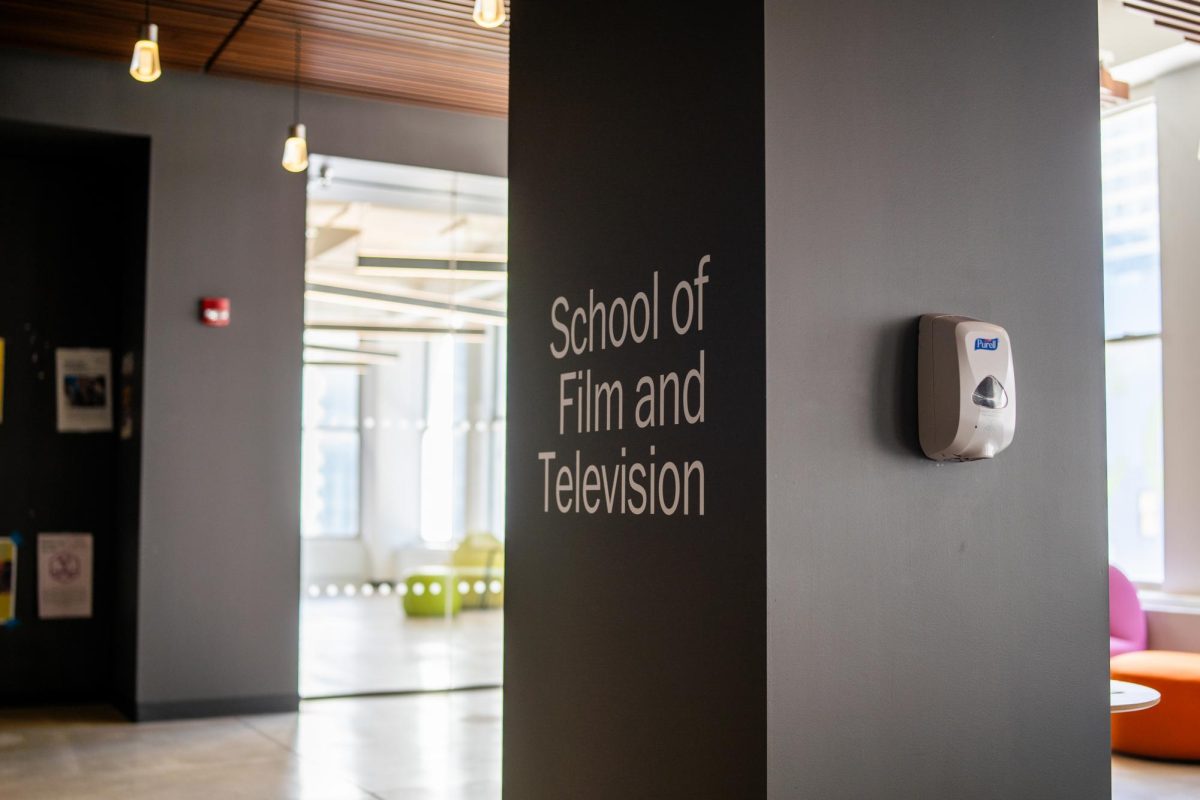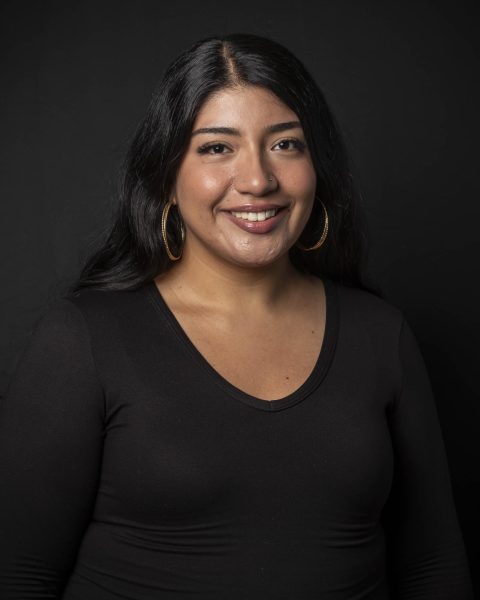
After posting a statement on social media attempting to distance itself from a union-backed student protest during Family Weekend, Columbia’s Student Government Association is now facing backlash from students.
SGA, the official student-run organization that represents the student body, released a statement on Instagram following a demonstration during the president’s address on Saturday, Oct. 21 in which students, led by Columbia College Faculty Union president Diana Vallera, marched into a brunch with visiting parents to deliver a list of union demands.
“It is understandable that there is a lot of confusion and frustration regarding various changes at Columbia, and we want to work to relay clear and accurate results information,” the statement read. “It is important to note that we are not affiliated with the organizers of today’s demonstration. Our commitment is to advocate for the students of Columbia.”
SGA President Tyler Harding said the association was at the president’s luncheon to answer questions when hundreds of students came into the Student Center demanding that Columbia President and CEO Kwang-Wu Kim step down.
Since SGA serves as a liaison between the student body and administration, Harding said it was crucial to clarify the association’s stance on the issue.
“SGA itself is a nonpartisan organization, and we cannot take sides on a specific union issue,” said Harding, a junior film and television student. “We are here to service…exclusively the needs of the students, not the need of the union.”
The part-time faculty union, currently in contract negotiations with the college, is voting this week on whether to authorize a strike. The voting period will close on Wed., Oct. 25, and union leaders have said if a list of demands — including the removal of Kim and Provost Marcella David — are not met, part-time faculty members could strike as soon as Thursday, union leaders said.
Comments on the post were soon disabled.
“We had to turn off the comments because what was happening in the comment section, was not meaningful discussion,” Harding said. “They were insults… and SGA has zero tolerance for hate.”
Junior graphic design major Eriana Freeman considered SGA’s decision to disable the comments as a lack of transparency on behalf of the association.
It “further suggests that they are trying to control a narrative and limit the feedback from us students,” Freeman said.
Despite being upset about the statement, Freeman acknowledged it didn’t feel like an attack on CFAC and students until the comment section was disabled.
“SGA makes it very, explicitly clear that they are not affiliated with the organizers or the demonstration, yet they claim to elevate our voices,” they said.
Freeman left a comment on a different post on SGA’s account questioning their allegiance to students: “And if you won’t stand with the students, why should we stand with you?”
Although Harding said the concerns coming from students during the demonstrations are valid, he encouraged students to become more involved with SGA and reach out to them directly. The association, made up of elected senators from each department and representatives from various groups on campus, meets every Tuesday from 5 p.m. to 6 p.m. at the Student Center, 754 S. Wabash Ave.
“We are their representatives to the administration and we are a great avenue for you to bring those concerns and questions to,” Harding said.
Kindraya Moncrease-El Britt, a first-year creative writing major, said she attended an SGA meeting at the beginning of the semester but felt excluded and underrepresented.
“It was a tad bit uncomfy…I was one of three people of color in the room,” she said.
Like Freeman, Moncrease-El Britt was disappointed in SGA’s response to the demonstration and said she will no longer feel comfortable reaching out with concerns in the future.
“It’s very backwards,” Moncrease-El Britt said. “You’re a student government, and you should be on the student side because we’re advocating for all the students.”
Harding said SGA has been working to advocate for students through different events and initiatives.
Elizabeth Barajas Vasquez, vice president of SGA, said this semester the association has donated $250 to the Little Food Library to combat food insecurity on campus and increased funding for the “Noche Buena,” an event dedicated to celebrating Latinx culture.
As the institution is close to becoming a Hispanic-serving institution, Vasquez, a senior English major, hopes to reach the Latinx community at Columbia so they become more involved in SGA.
“I would encourage other Latino students, especially, to join these events to come to these meetings because our voice, now more than ever, matters,” Vasquez said.
Harding said he wants students to know that SGA is dedicated to listening and relaying any concerns they have to the administration, while also providing spaces for discussions. The association will host the annual “Let’s Chat with Dr. Kim” on Nov. 16, from 5 p.m. to 6:30 p.m. in the Student Center Boardroom, located on the second floor of the building. The forum will give an opportunity for students to ask questions and discuss with administration.
“We have been there for the students, we are there for the students and we will continue to be there for the students,” Harding said.
Spanish Digest:
Después de la manifestación, liderado por el Sindicato de Profesores de Columbia, el sábado 21 de octubre, la Asociación de Gobierno Estudiantil emitió un comunicado que provocó controversia entre los estudiantes. Los comentarios fueron desactivados 24 horas luego de haberlo publicado en las redes sociales.








